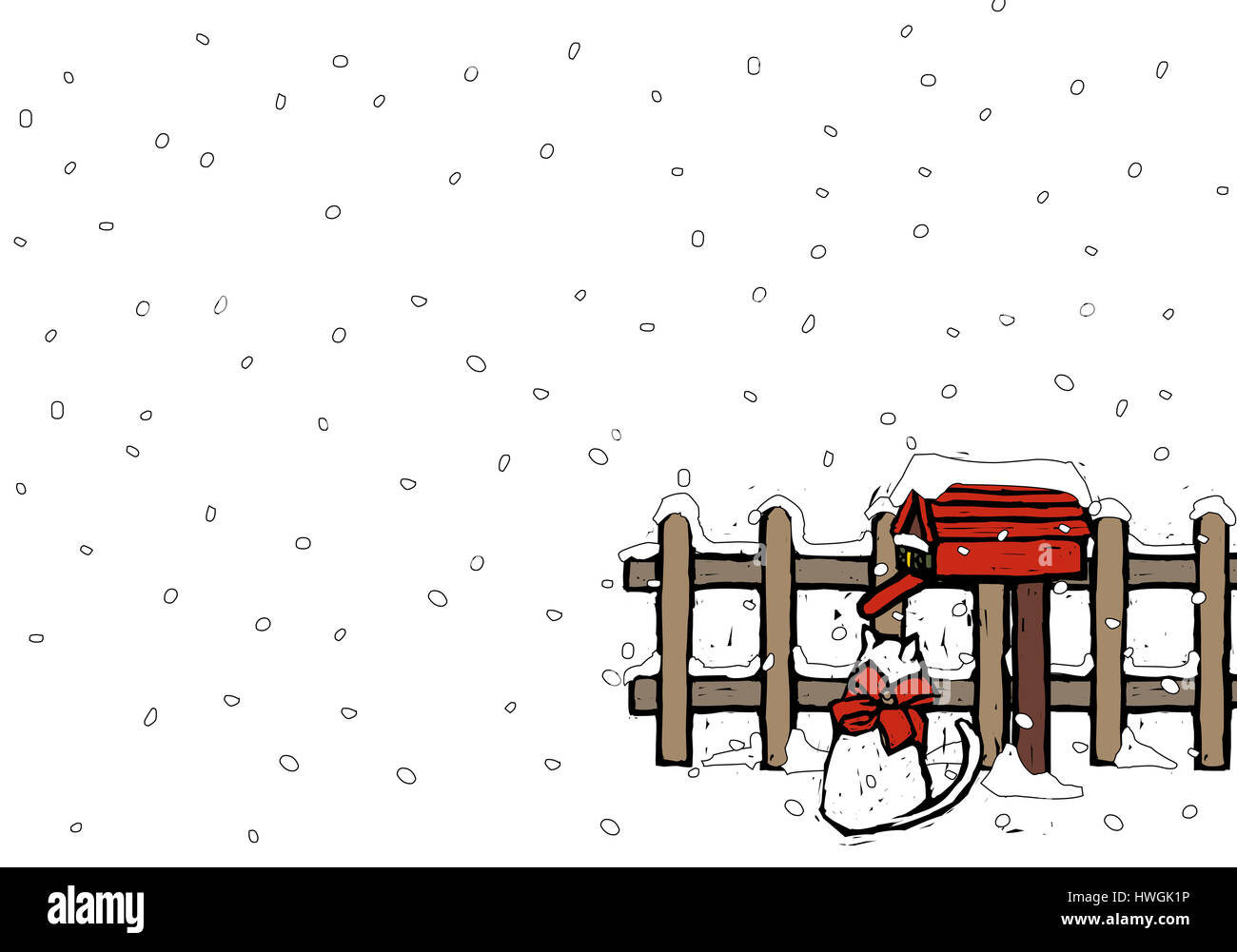The Intriguing Absence: Exploring The Lack Of Christmas Words Beginning With "Q"
The Intriguing Absence: Exploring the Lack of Christmas Words Beginning with "Q"
Related Articles: The Intriguing Absence: Exploring the Lack of Christmas Words Beginning with "Q"
Introduction
With enthusiasm, let’s navigate through the intriguing topic related to The Intriguing Absence: Exploring the Lack of Christmas Words Beginning with "Q". Let’s weave interesting information and offer fresh perspectives to the readers.
Table of Content
The Intriguing Absence: Exploring the Lack of Christmas Words Beginning with "Q"

The English language boasts a rich tapestry of words, each carrying its own unique meaning and significance. While many words evoke the festive spirit of Christmas, it is peculiar to note the absence of any commonly used Christmas words starting with the letter "Q." This absence, however, presents an intriguing opportunity to delve into the linguistic nuances of the holiday and explore the reasons behind this seemingly unusual phenomenon.
The Sound of "Q" and Its Limited Usage:
The letter "Q" in English is typically followed by the letter "U," forming a digraph that produces the sound /kw/. This sound, while common in words like "queen" and "quick," is less frequently found at the beginning of words, especially in everyday language. The sound itself may not lend itself easily to the creation of words that evoke the warmth and joy associated with Christmas.
The Nature of Christmas Words:
Words associated with Christmas often draw inspiration from religious traditions, cultural practices, and seasonal imagery. These words tend to be rooted in Latin, Old English, and other Germanic languages, with a focus on themes of giving, celebration, and winter. The letter "Q," with its relatively limited usage in English and its association with more formal and less common words, might not naturally align with the spirit of Christmas vocabulary.
The Role of Etymology and History:
The absence of "Q" words in the Christmas lexicon can also be attributed to the historical evolution of the holiday and its associated vocabulary. Many Christmas traditions and customs have roots in ancient pagan celebrations, which were later absorbed and reinterpreted by Christianity. As these traditions evolved, the vocabulary associated with them developed organically, with the letter "Q" playing a minimal role.
The Power of Imagination:
Despite the absence of established Christmas words starting with "Q," the human imagination is capable of bridging this linguistic gap. We can explore the potential for creating new words that capture the essence of the season. For instance, one could envision a word like "Quirkle," signifying a whimsical or unexpected Christmas tradition, or "Quanta," representing the abundance and joy shared during the holiday.
Exploring the Potential:
The lack of "Q" words in the Christmas lexicon presents a unique opportunity for linguistic exploration and creativity. By examining the reasons behind this absence, we gain a deeper understanding of the evolution of language and the cultural significance of Christmas traditions. Furthermore, the challenge of creating new words starting with "Q" can spark imagination and inspire new ways of expressing the joy and wonder of the holiday.
FAQs: Addressing Common Questions
Q: Is there any historical evidence of Christmas words starting with "Q?
A: While there may be obscure or archaic words that have been lost to time, no commonly used Christmas words starting with "Q" are known to exist in English.
Q: Could the absence of "Q" words be due to a linguistic bias?
A: The absence of "Q" words is likely due to the letter’s limited usage and the nature of Christmas vocabulary, rather than any intentional bias.
Q: What are some potential words starting with "Q" that could be used to describe Christmas?
A: "Quirkle" (a whimsical tradition), "Quanta" (abundance), "Quiescence" (a peaceful Christmas Eve), "Quizzical" (a curious Christmas tradition).
Tips for Creating "Q" Christmas Words:
- Consider the sounds of "Q" and how they might evoke Christmas feelings.
- Draw inspiration from existing Christmas traditions and imagery.
- Keep the word concise and memorable.
- Ensure the word has a clear and relevant meaning.
Conclusion:
The absence of Christmas words starting with "Q" is a fascinating linguistic phenomenon. While it may seem unusual, it reflects the historical evolution of the holiday and the specific nature of Christmas vocabulary. However, this absence also presents an opportunity for creativity and imagination, allowing us to explore the potential for crafting new words that capture the spirit of the season. By embracing the challenge of this linguistic gap, we can enrich our understanding of Christmas and the power of language to express the joy and wonder of the holiday.








Closure
Thus, we hope this article has provided valuable insights into The Intriguing Absence: Exploring the Lack of Christmas Words Beginning with "Q". We thank you for taking the time to read this article. See you in our next article!
Leave a Reply